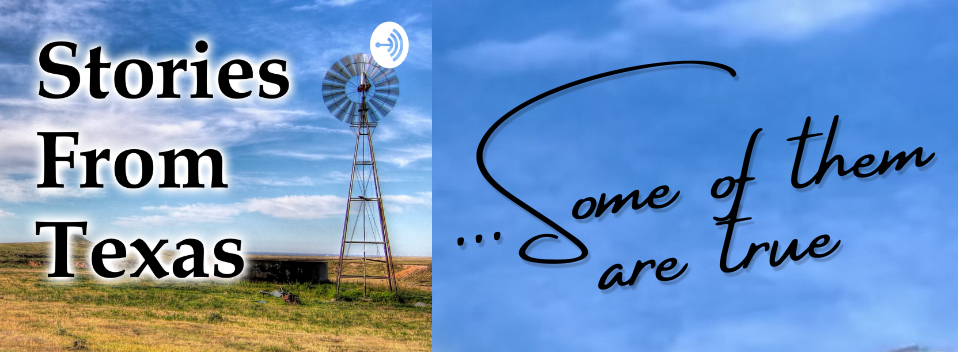
Stories From Texas
Loading...
Document Type
Article
Publication Date
6-14-2017
Abstract
Larry McMurtry is, by many standards, Texas’ best writer.
He wrote “Horseman, Pass By” to wide acclaim when he was just 25, which became the movie “HUD,” starring Paul Newman. When he was thirty, he published “The Last Picture Show,” which won him even greater critical praise and the movie that followed launched Cybil Shepard’s career.
“Terms of Endearment” is another of his great novels. The film that followed pumped sales of the book when Jack Nicholson and Shirley McClain took the lead roles. McMurtry’s best book is his Pulitzer Prize-winning “Lonesome Dove.” That became, to most Texans anyway, the best television miniseries of all time.
McMurtry grew up on a ranch in Archer County, Texas, where there’s about five people per square mile. It is interesting that another famous American writer owned land in Archer County. That was Mark Twain. He didn’t live there, but he did own land there, as an investment. This 320 acre plot is still known locally as “the Twain property.”
So these two great writers, Twain as perhaps America’s best and McMurtry as perhaps Texas’ best, both owned land in Archer County, Texas. Small world. Both were Southerners. Both grew up in small, rural, agrarian towns. Both wrote classic books about the American West and about the cowboys and pioneers that inhabited those vast, rugged, haunting landscapes.
Now let me stop here to tell you an interesting story about Twain and the land he owned in Archer County. One day he received a letter from the County Clerk of Archer County saying that his land was in danger of being repossessed due to unpaid taxes. Twain had a man in Texas who was supposed to pay those taxes but he had failed to do so. So, Twain immediately paid the back taxes and saved the land. He was quite angry about the whole affair. He explained in a now somewhat famous letter to his friend William Dean Howells that he had had a man in Texas who was supposed to take care of those taxes, but that man had taken the money and run, so to speak. He wrote that if he ever caught up with him he would suffer on a Biblical scale. Twain said that “he shall beg for brimstone, he will beg in vain.” Now there’s beautifully worded threat even the mafia could be proud of.
Many years ago I sent a copy of the Twain letter to McMurtry. I had stumbled across it in the Twain papers at Vassar University. I told him that he might be pleased to know that he wasn’t the only famous author to have owned land in Archer County. He wrote back in his straightforward, modest style. He said
that he didn’t know about that, but he was glad to know and that he would check into it to see if maybe they had owned some of the same land. I guess they didn’t. I never heard any more about it. But the day I received that letter from the great man himself – that was a mighty fine day.
As a teenager, I used to lie awake at night reading McMurtry. I felt a special connection with him because we lived on the same road, U.S. 281. Six hundred miles apart, it is true, but on the same road. He lived a mile off of U.S. 281 in north Texas and I lived a mile off of U.S. 281 in south Texas. He could hear the trains where he was and I could hear them where I was.
He and I were both lovers of books and of Texas. We both grew up in ranch country. He played the trombone. I played the trombone. And as the years passed, the similarities continued. He went to North Texas State and so did I. He wrote a Pulitzer Prize-winning novel, and I… I read it. He now lives in Tucson, where I went to doctoral school, and wrote my thesis – on Mark Twain.
McMurtry is now in his 80s. Given the parallel nature of our lives,
I’m praying he has many beautiful years ahead of him.
Format
.MP3, 192 kbps
Length
00:04:10
Language
English
Notes
https://podcasts.apple.com/us/podcast/larry-mcmurtry/id1386983235?i=1000411857382
Recommended Citation
W. F. Strong. "Larry McMurtry (McMurtry and Twain)" *Stories From Texas*. Texas Standard. Podcast audio. June 14, 2017.
https://podcasts.apple.com/us/podcast/larry-mcmurtry/id1386983235?i=1000411857382
https://scholarworks.utrgv.edu/storiesfromtexas/13

Comments
© 2017 William F. Strong. Uploaded with permission of copyright holder.